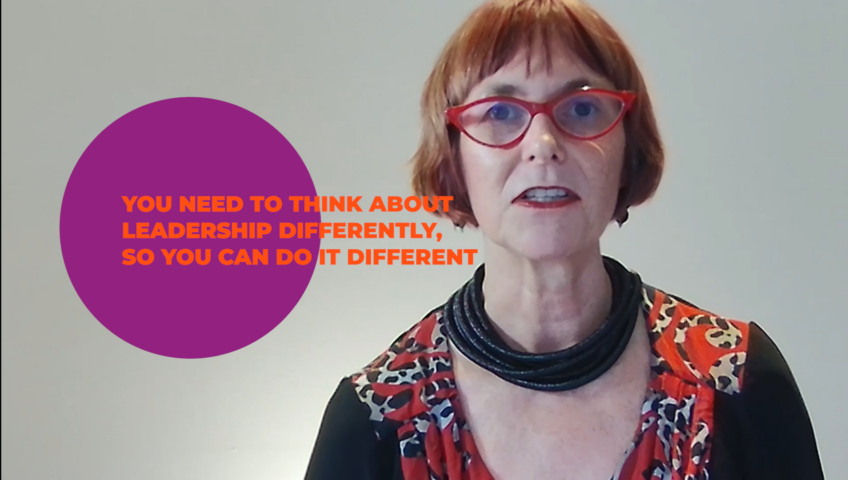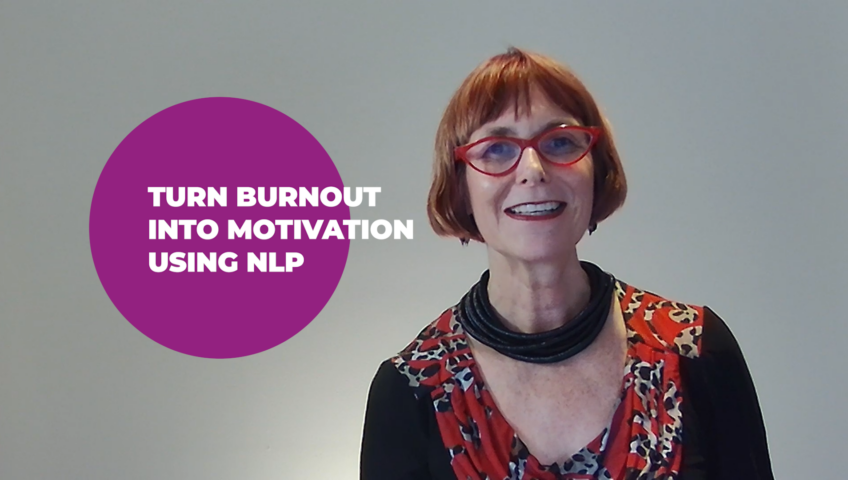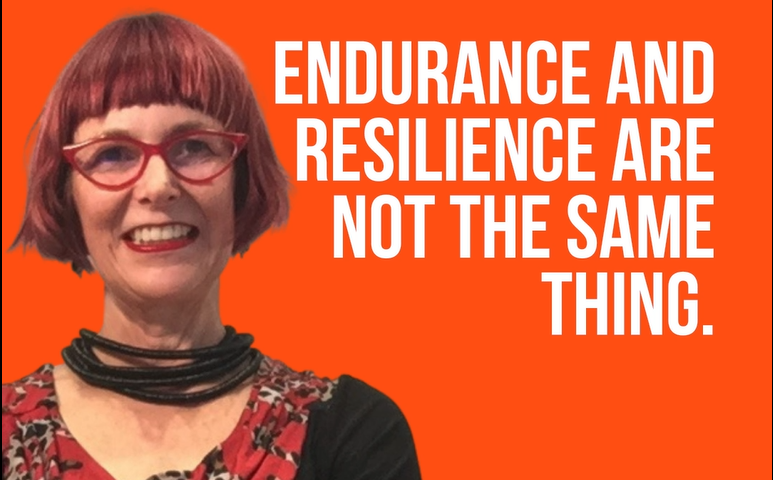Too many leaders believe they should never experience doubt, uncertainty, or low spirits. There’s a big myth out there: that resilience equals never-ending positivity. And that just isn’t true. The truth is that successful leaders can be resilient and emotionally fragile at the same time. With the right techniques, you can turn this vulnerability into a leadership strength. Learn how Neuro Linguistic Programming can help you do this, in a 2-minute video from peak performance coach, Eleanor Shakiba.
Free e-book and video tips.Get your copy today!
|
|





